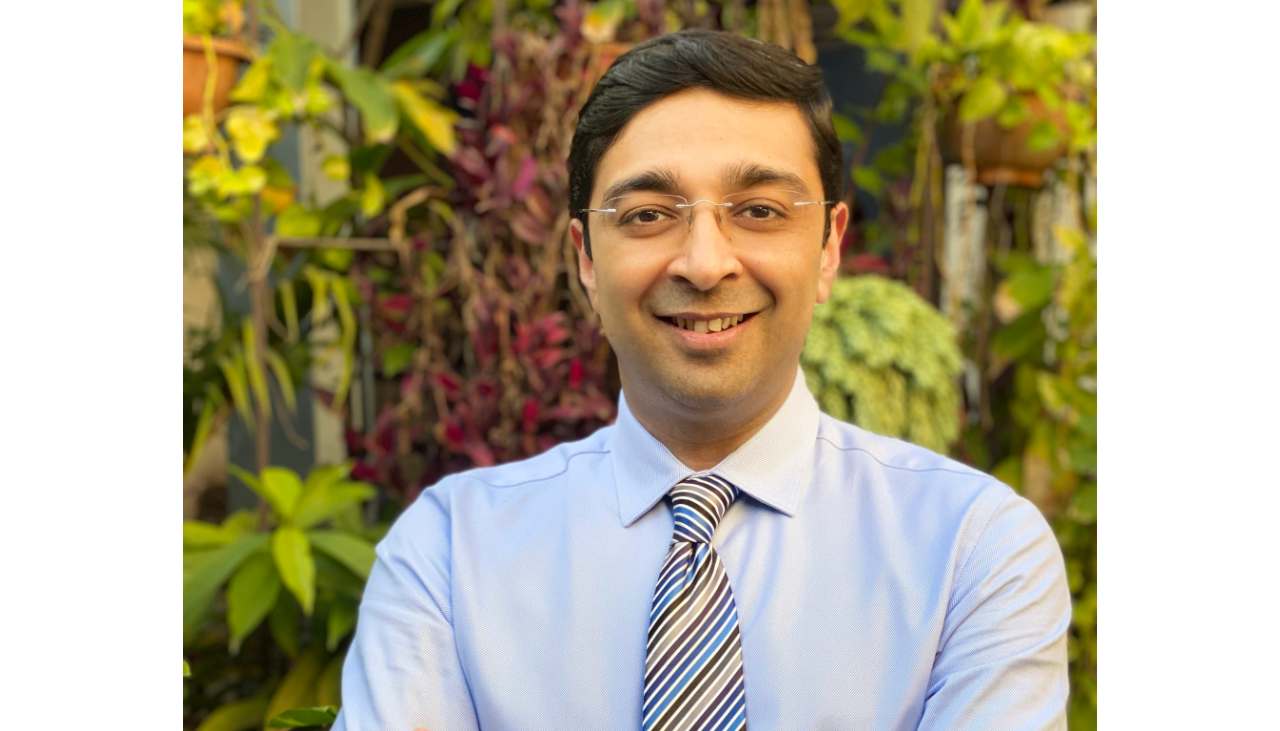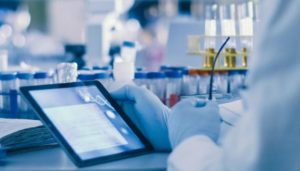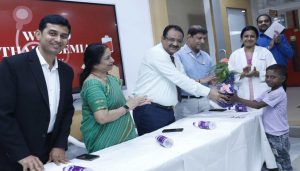Unique technique Effectively Mitigates Hernia surgery risk in High-Risk 70-Year-Old COPD Patient

Bengaluru, 12th October 2023:- Mr. Biswadeb Nath (name changed), a 70-year-old with a persistent large inguinal hernia (scrotal abdomen) that extends up to the mid-thigh level and has a 5 cm defect, is facing increased complexity in his condition due to his dependence on oxygen because of chronic obstructive pulmonary disease (COPD). He was referred to Dr Rajeev Premnath, General, Laparoscopic Surgeon and Endoscopist, Hitech Hernia Centre, Ramakrishna Hospital, Jayanagar, Bengaluru.
A CT scan revealed that Mr. Nath had a hernia measuring 2,000 ml in size, while his abdominal capacity was limited to 3,500 ml. He also had lung problems. The big concern during surgery was that pushing the hernia contents back could raise the pressure inside his belly, potentially harming his organs (called “compartment syndrome”). His lung issues made it riskier because of added pressure on his chest, which could affect his breathing.
His COPD was optimized as much as possible before proceeding with any intervention. Dr. Rajeev and his team gradually increased the abdominal cavity’s capacity. This was achieved by instilling carbon dioxide (CO2) under local anesthesia on alternate days upto the days before surgery.
Dr. Premnath explained, “An inguinal hernia is a common medical problem where internal organs, usually the small bowel, push through a weak spot in the groin muscles. If not treated, it can become serious, leading to emergencies like strangulation and bowel damage. Unfortunately, some patients delay seeking help because they’re scared or don’t know what to do, which can make the hernia get bigger over time. In this case, we aimed to mimic the hernia reduction process without putting too much pressure on the belly and lungs.”
At the same time, he was getting intense chest physiotherapy to improve his breathing and prevent any breathing problems during or after surgery. Over two weeks, Mr. Nath went through a carefully managed process of expanding his abdominal space using CO2 and received thorough chest physiotherapy.
Dr. Premnath described, “After this initial preparation, he had a successful hernia repair surgery where a mesh was used. After the surgery, he recovered well, and there were no immediate issues related to his hernia or COPD.”
Mr. Biswadeb Nath expressed his gratitude to all the members of Dr. Premnath’s team, stating, “I was in a lot of pain and had difficulties with breathing. Being referred to Dr. Rajeev was the best choice. Now, I am extremely satisfied and feeling much better.”








